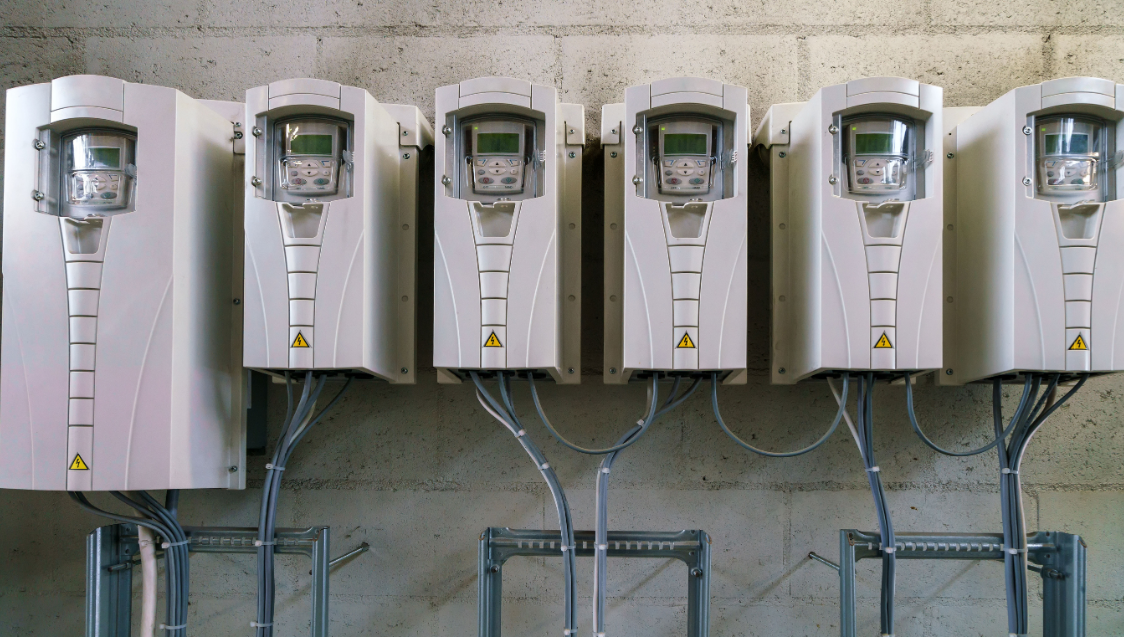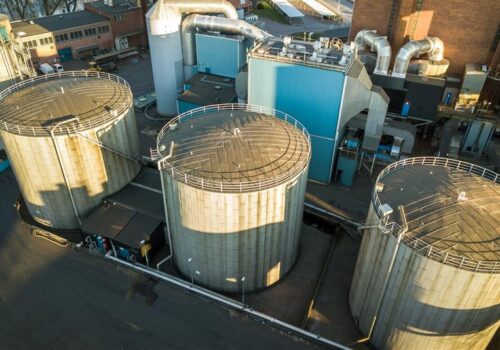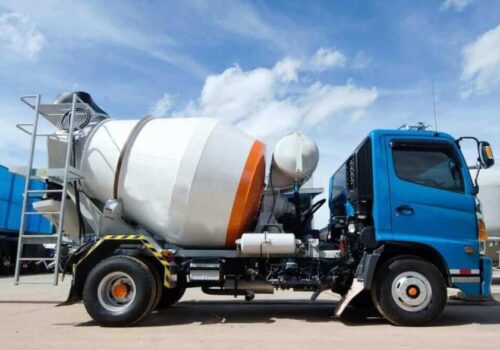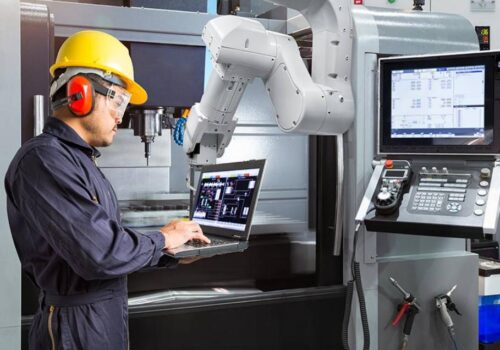How Variable Speed Drives Can Improve Energy Usage?
Variable speed drives are innovative devices that play a crucial role in improving energy usage across various industries. These intelligent systems are designed to optimise the operation of electric motors by adjusting the frequency and voltage of the power supply, thereby providing only the necessary power, speed, and torque the motor requires.
Understanding VSD
A VSD is a versatile pump driver that offers a range of speeds, allowing for precise control over motor operations. By continuously calculating and adjusting the frequency and voltage, VSDs ensure that motors operate at the optimal speed and torque, eliminating unnecessary energy consumption.
Enhanced Energy Efficiency
One of the primary benefits of utilising variable-speed drives lies in their ability to deliver enhanced energy efficiency. Traditional motor control methods often result in constant-speed operation, leading to energy wastage during periods of low demand. VSDs, on the other hand, enable motors to operate at varying speeds based on the specific requirements of the application, leading to significant energy savings.
Optimised Process Control
This level of control not only enhances overall operational efficiency but also leads to reduced wear and tear on machinery, resulting in lower maintenance costs and extended equipment lifespan.
Reduced Mechanical Stress
By gradually ramping up motor speed rather than subjecting equipment to sudden starts and stops, VSDs help reduce mechanical stress. This results in smoother operations and minimised energy spikes, ultimately contributing to improved energy consumption patterns.
Environmental Impact
The utilisation of speed drives aligns with sustainability goals by reducing overall energy consumption and carbon emissions. By optimising the energy usage of motors and minimising energy waste, VSDs contribute to a greener and more sustainable operational environment.
Cost Savings
In addition to the environmental benefits, the implementation of a variable frequency drive can lead to substantial cost savings. The reduction in energy consumption, coupled with lower maintenance costs and prolonged equipment life, translates into tangible financial benefits for organisations across various industries.
Conclusion
In conclusion, variable speed drives play a pivotal role in improving energy usage and operational efficiency across diverse applications. As technology continues to advance, the widespread adoption of variable-speed drives represents a key strategy in the pursuit of energy efficiency and sustainability. With their ability to enhance energy efficiency, provide precise process control, and contribute to cost savings, these speed drives stand as a testament to the power of innovative technologies in driving sustainable practices.





